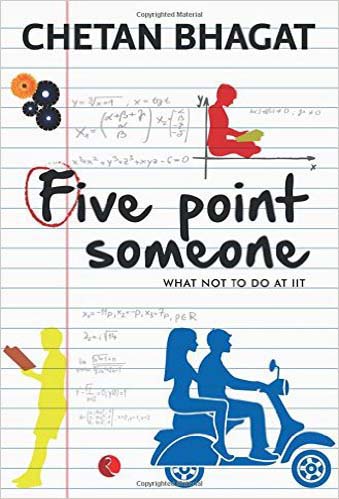‘Till death do us part…’
They never mentioned whose death
She is Raina Kapoor – a confident and intelligent beauty forced to stay in a place where she doesn’t quite belong.
He is Aryan Malik – a goofy and charming man, quick with his tongue, but even quicker with his smile.
When put together, they are bound to collide. A love that should have conquered all may end before its time. Their journey entails sorrow, sacrifice and even death. After facing the toughest tests, can they possibly come out alive? Raina must make the most important decision of her life: to give up or to give in.
Set in the small city of Indore, Beyond a Heartbeat is a story that will bring you joy, tears and a love that will linger until long after.
Product details
- Paperback: 192 pages
- Publisher: Srishti Publishers & Distributors; First edition (10 November 2018)
- Language: English
- ISBN-10: 9387022455
- ISBN-13: 978-9387022454
- Product Dimensions: 13 x 1.1 x 19.7 cm






Reviews
There are no reviews yet.